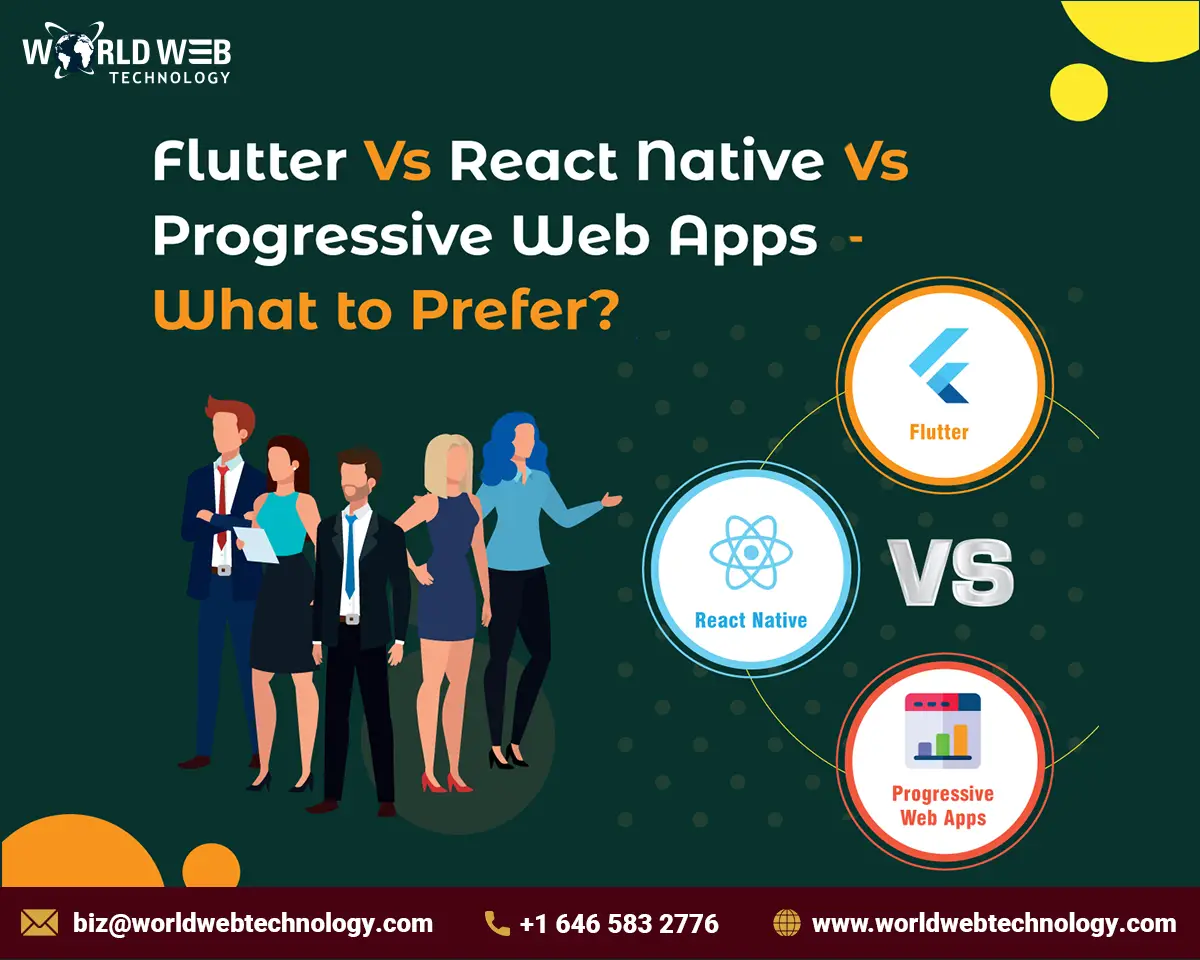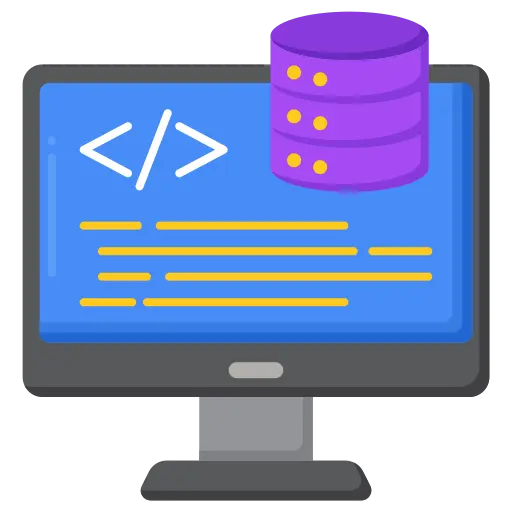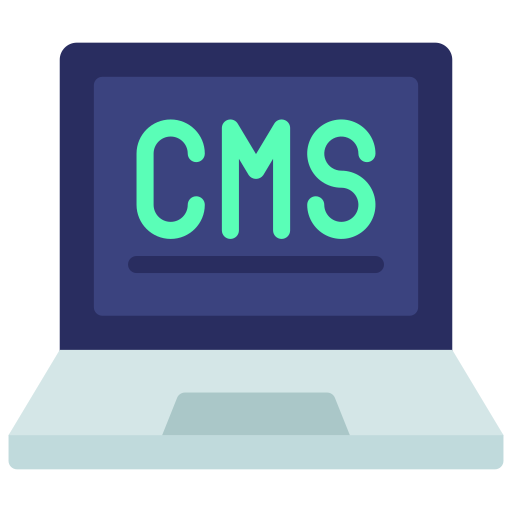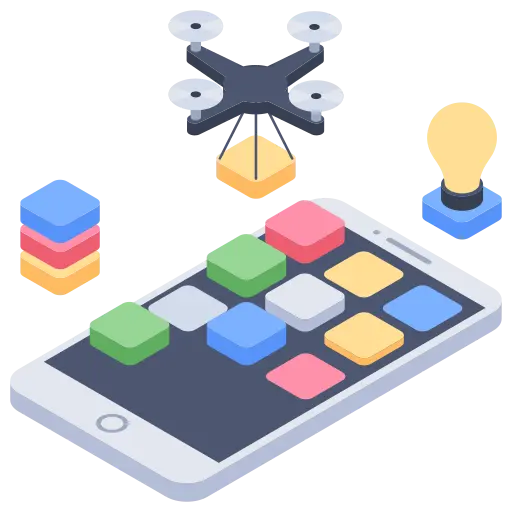React Native
Being an open-source programming language introduced by Facebook, Reactjs is the most viable language for web app developers to go to when they come across to build various web solutions for various platforms. The application is easy to build for both Android and iOS.
With the help of multiple sets of components, React Native app development is easy and can build a framework structure of multiple UI segments to establish the JavaScript code for both iOS and Android platforms.
Pros
- It can be created by using just one codebase for either of the platforms which makes it even more popular.
- The apps are compiled into indigenously written code that is compatible with both operating systems.
- Energizes the native resources and elements.
- The speed is enhanced because of the open-source libraries and modules.
- The development expense can be reduced due to code reusability.
Cons
- The exponential learning curve can prove quite difficult for a novice to understand the framework.
- With more and more updates everyday confusion arrives as well.
- The framework is dynamic and the developer might need to learn everything from square one.
- Improvisation is required in the security parameters of the respective platform.
- Due to the evolution of technology, in-built segments are quite less.
Flutter
With the Flutter framework, it is easy to design 2D apps with the wide support of camera, location, storage, and many more features. It is available for both Android and iOS and even more. Flutter is one of the widely used frameworks for development. It gives the developer a vintage layout that allows the user to work with different domains in the business. The graphics and performance are exceptional and hence it becomes the go-to web app for developers.
Pros
- The reload attribute features inspect the code modification outcome and try the best options for the app.
- Low-end machines can be driven by high-end mobile apps.
- Due to its responsive element, you won’t need to alter it given the guidelines of the update if you code it properly.
- Variables and changes can be made in the UI component.
Cons
- The Web View feature is removed from the app.
- Quite a larger framework than the React Native framework.
- Not recommended for long-term use.
- It uses a single code Dart to develop mobile apps that are clammed with Objective C and Java Code on Android and iOS respectively.
Read Here: 9 Mobile App Monetization Strategies for 2025
Progressive Web Apps
Same as that of the native apps, Progressive Web App includes a series of procedures that have web tools in languages HTML, CSS, and JS. A perfect substitute for native or hybrid app development platforms, apps aren’t hardware-sensitive or budget-effective. Hence it becomes the ideal choice for every developer to consider for creating native and cross-platform mobility solutions.
Pros
- Launches your application as quickly as possible and does not compromise on performance and quality.
- User-friendly and simple.
- With the PWA platform, it automatically updates the app.
- Launch or approval is not required for release in stores.
- It can suit any browser or device.
- It can reciprocate navigation and communications similar to the native web apps.
Cons
- Sometimes you may not find any social media integration among PWA apps due to the inability of the add-ons to fetch data.
- It might not be compatible with the latest technology and hardware upgrades such as biometrics that come along with various changes.


















